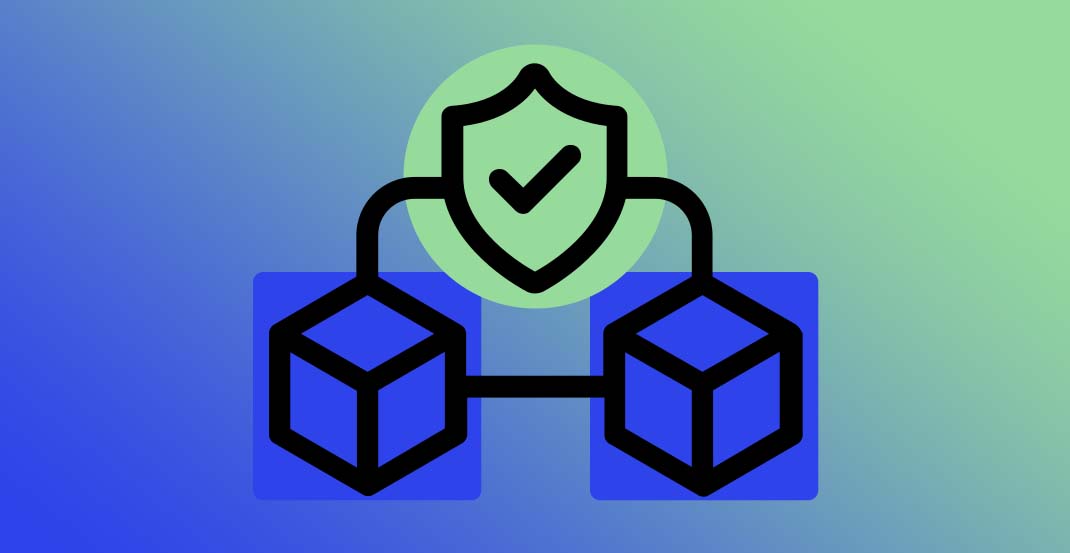Blockchain technology is one of the hottest topics in tech right now. From decentralizing finance and commerce, to proving ownership of digital real estate within the metaverse, the blockchain has the potential to revolutionize the way we do business. But as with any new technology, there are always security concerns and threats to safeguard against. The focus of a blockchain security analysts is to address such concerns.
What Exactly Does a Blockchain Security Analyst Do?
A blockchain security analyst is responsible for assessing and investigating the security of blockchain-based systems. This includes looking for vulnerabilities and weaknesses in the system and developing plans to mitigate such risks. In some cases, blockchain security analysts even work with law enforcement to help track down and prosecute criminals who have used blockchain technology to commit crimes.
Required Skills
Below, we’ve outlined three of the most important skills you’ll need to succeed in this new field within the blockchain and crypto industry:
- Technical and engineering expertise: A successful blockchain security analyst needs to have a strong technical background. This includes knowing how to code and being familiar with common programming languages like Java, Python, C++, Golang, JavaScript, Selenium and others. In addition to functional testing, an analyst may spend time reading over code and condition statements to understand edge cases which can be used in exploits. It’s equally important to have a solid understanding of cryptography and network security.
- Analytic skills: Being able to analyze data is another important skill for blockchain security analysts. This involves being able to identify patterns and trends in data sets in order to uncover potential vulnerabilities. As an analyst, it’s important to be able to think critically and logically in order to uncover complex exploits and find solutions to those problems.
- Communication skills: Finally, effective communication is essential for success as a blockchain security analyst. This includes being able to clearly explain your findings and your concerns to both technical and non-technical audiences. It’s important to be able to work well with others in order to develop comprehensive security plans to address the security threats which you have uncovered in your analysis.
Tips on how to land a job
Security analysts need to know what to look for, which will only come with experience.
- Study Computer Science and Software Engineering for your bachelor’s degree
- Start with a position in engineering or general IT, which will expose you to real security threats and give you understanding of how to mitigate such problems
How Do You Become a Blockchain Security Analyst?
- Get a degree in computer science or engineering. Most employers will prefer candidates with at least a bachelor’s degree in computer science or professional experience in software engineering. If you don’t have a degree or professional experience in this field, you may still find an opportunity as blockchain security analyst but it will likely be on the entry level or even as an intern.
- Learn about cryptography and digital security. Cryptography is the practice of secure communication in the presence of third parties. As a blockchain security analyst, you should have a strong understanding of cryptography and digital security. You can learn about these topics by taking courses or reading books on the subject. A must-read book on the topic is Real-World Cryptography.
- Understand how blockchain works. In order to secure blockchain-based systems, you need to understand how they work. Blockchain is a distributed database and ledgers that allows for secure, transparent, and tamper-proof transactions. It is important to be able to understand and explain how blockchain works in order to be an effective security analyst.
- Keep up with current security trends. The field of blockchain security is constantly evolving, so it is important to keep up with current trends. Heck, the entire industry is less than a decade old! Follow news sources and blogs that cover the topic. Attend conferences and networking events related to blockchain security to be on the cutting edge of the latest tech.
- Find a mentor. A mentor can be incredibly helpful when trying to break into the field of blockchain security analysis. A mentor can help you learn about the industry and connect you with potential employers. If you don’t know anyone who works in this field, start connecting with folks on forums, redit, stackoverflow, or LinkedIn. Considering how new this industry is, many professionaly are more than willing to share their knowledge in an effort to grow the general understanding of blockchain and crypto.
- Be patient. Breaking into any new field can be difficult, so it is important to be patient when pursuing a career as a blockchain security analyst. It may take some time to land your dream job, but if you are passionate about the field and remain curious, it will ultimately pay off.
Blockchain Security Analyst Job Recap
Every new, cutting edge, industry that explodes overnight will need strong talent to sustain and support its’ growth. If you have a strong technical background, analytic skills, great communication skills and an undying curiosity, you can land a lucrative job as a blockchain security analyst in this new developing industry.
FAQs
A blockchain security analyst investigates and mitigates security risks of a blockchain-based system.
You will need to start with professional experience in blockchain engineering. Most employers are looking for 2+ years of working experience working with Solidity or other blockchain languages in the respective blockchain technology as well as a bachelor's degree in computer science.
Ultimately, blockchain employers are looking for quality engineers and security analysts with demonstrated experience. Considering there is limited expertise in this new and growing job field, a certification can be a way to demonstrate your knowledge of blockchain technologies and ultimately give you a competitive advantage in the job market.

